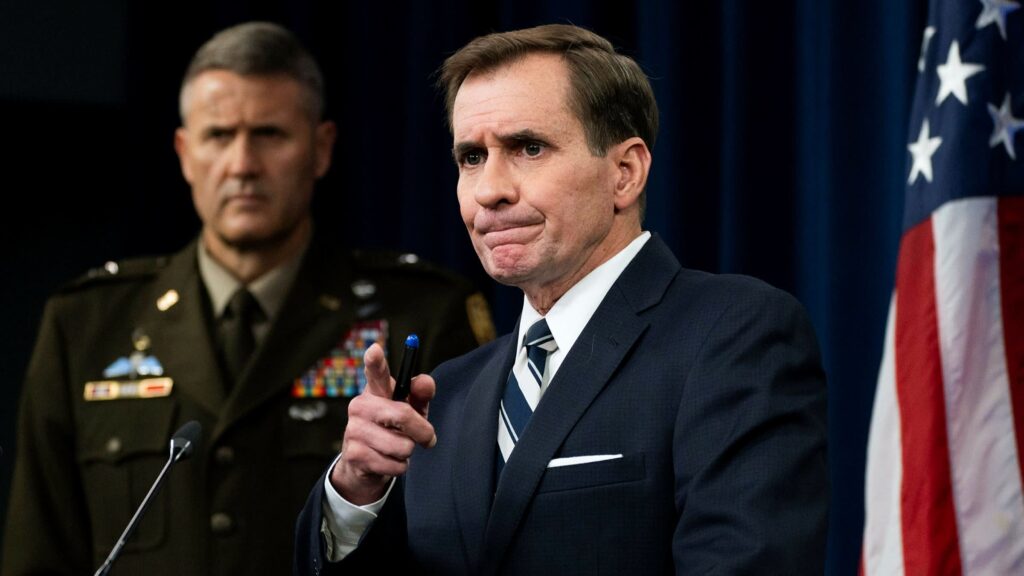Coronavirus: Pentagon to mandate Covid vaccination for US military – as it happened


Afghans face a greater risk of disease and infections, including Covid-19, as overcrowded and unsanitary living conditions have weakened the prevention measures in place, the World Health Organization has said.
The situation in Afghanistan has forced thousands “to leave their homes to escape conflict and other threats in the last two months”, said Dapeng Luo, the country’s WHO representative.
“The movement and mixing of the newly displaced people, coupled with the majority of them living in often overcrowded and unsanitary conditions, have severely limited infection prevention protocols and increased the risk of transmission of different [types] of infections, including Covid-19,” he added in comments sent to the Financial Times over the weekend.
Afghanistan, from January 3 to August 19, detected 152,411 Covid-19 cases and 7,047 deaths while 5 per cent of its population has received at least one dose of a coronavirus vaccine.
“We are concerned that Covid-19 spikes among internally displaced people could lead to further transmission across cities due to [this] very low vaccination rate,” Luo said, which will add to the burden on the healthcare system.
“A new wave of Covid-19 could leave some of the most vulnerable without critical healthcare,” the WHO representative said.
However, the world body plans to stay to combat the spread of the pandemic. “In the current situation, the Covid-19 response has faced some setbacks but not stopped,” he said. Critical care has continued and is being scaled back up.
WHO focuses on diagnosis and testing, clinical care, vaccination, referrals for Covid-19 positive cases, providing supplies, training and preventing infection.
Last week, a group of leading non-governmental organisations vowed to stay in Afghanistan, even as conflict, drought and Covid-19 lead to a sharp rise in the need for humanitarian aid.
The statement by the Principals of the Inter-Agency Standing Committee on Afghanistan was signed by leading figures including David Beasley, executive director at the World Food Programme.
“The people of Afghanistan need our support now more than ever,” the committee said. “Our organisations are committed to helping and protecting them.”